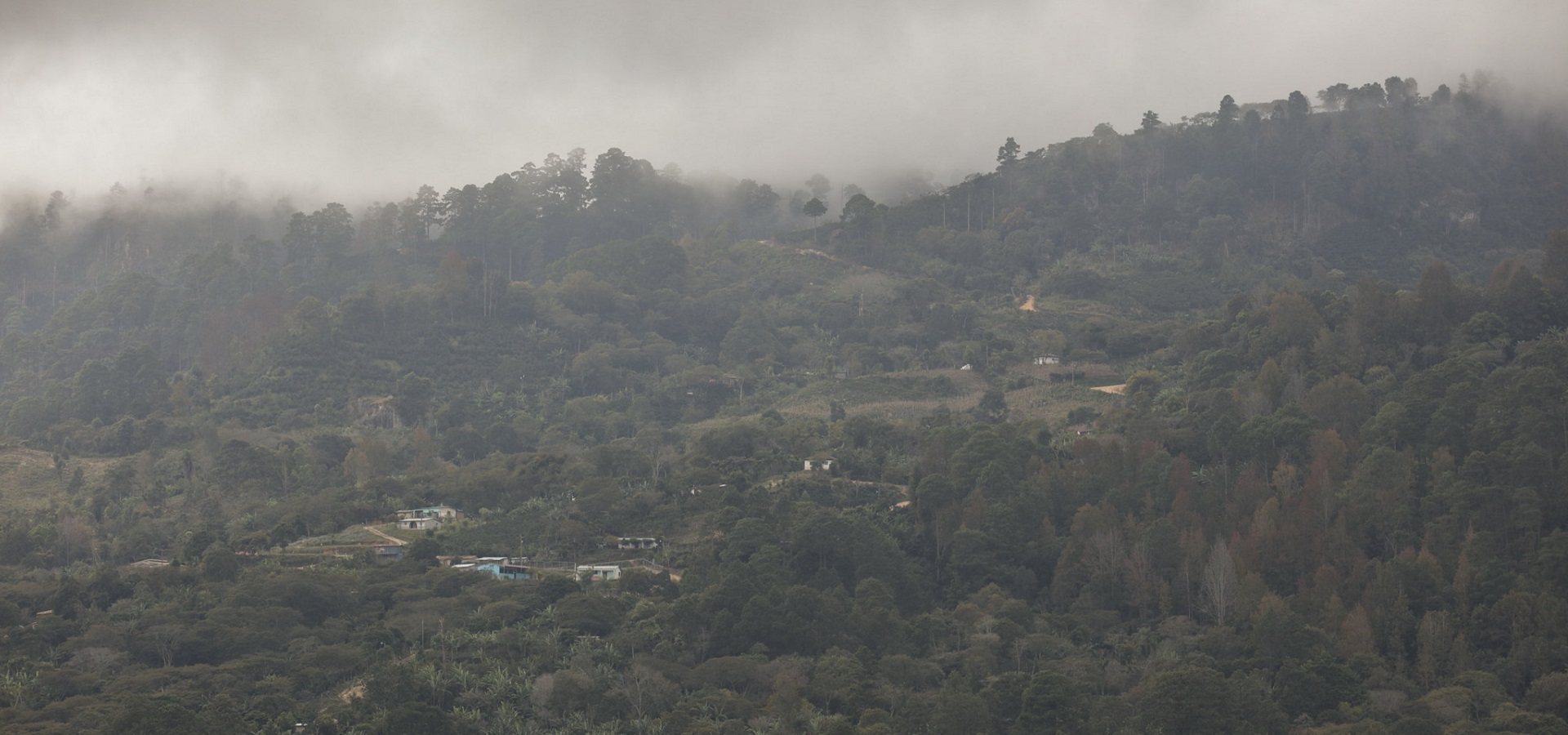The coronavirus hit the poor Central American country Honduras at the worst possible time during these hot and dry summer months. March and April in particular see almost no rainfall at all and rising temperatures turn many parts of the country into a breeding place for forest fires and dangerous fumes. This is particular ominous at the time of a deadly virus that attacks the lungs and reduces the oxygen intake of its victims. Rebecca Bertram reports

Honduras has been fighting with wildfires for years. (CC BY 2.0, Maren Barbee)
Climate change has long had a devastating impact on Honduras’ agriculture and economy and is, together with gang violence, a major driver for emigration. Natural disasters are on the rise leaving behind an already weak economy more vulnerable to droughts, floods and tropical storms. The country’s agricultural sector which employs more than 40 percent of the workforce is particularly badly hit. Dramatically deteriorating climate conditions have left a mark on Honduras’ forests and increasingly disabled the decreasing tree population to absorb rainwater whenever it does fall. Droughts over the past years have left forests and aquifers without sufficient water reserves which in turn slow down the trees’ growth and resistance to disease. And this leaves them prone to fires.
It is precisely these forest fires that now add to the dangers of the pandemic. This year alone, around 500 fires have destroyed more than 23 thousand hectares of forest worth an estimated 28 million US dollars. The area worst affected covers the area around capital city Tegucigalpa, home to more than 1.2 million people. Here some 120 forest fires are infesting the city with a health threatening thick smog, stuck in the valley in which the city lies. It already holds the 8th place among the most polluted cities in Latin America despite the fact that Tegucigalpa has no industry to speak of and its population size ranks 36th in Latin American cities.
Although droughts and rising temperatures increase the likelihood of forest fires, 99 percent of these fires in Honduras are manmade. Almost all of them are set ablaze intentionally as farmers burn their land to make it more fertile, illegal tree cutters cover up their criminal deeds, and construction companies try to secure previously unavailable land areas for new housing projects.
Yet people seem to accept this state of affairs, testimony to Honduras’ many societal and educational deficiencies. Instead of pressuring their government to fight the fires, the months of March and April are almost endearingly referred to as the “season of the fires”. The Honduran government acknowledges that it has a problem but is both unwilling and unable to do something about it; public institutional structures are too weak due to a long history of corruption. Before the military coup struck Honduras in 2009, watchtowers were in place to report on new forest fires and help coordinate extinction measures. They have been allowed to decay.
Few educational programs are in place that could alert both the general public and warn landowners of the use of fire as fertilizer. Some international assistance initiatives have become involved but their measures have been a mere a drop in the ocean. Ignorance among the population remains gaping wide. In the absence of the rule of law and sustained government action, there are simply no incentives for many Hondurans to change their land burning practices.
Now the impact of the corona pandemic and the need to contain it could produce that incentive. Honduras’ President Hernandez declared the pandemic one of the greatest challenges in the country’s crisis saturated history. How his government manages this challenge will decide the outcome of next year’s general election. This may finally prompt Hernandez to undertake a serious effort to keep the fires from undermining the fight against the plague and keep the air free from the dangerous smog.
But if that materializes it will be less the result of public pressure than of the ominous connection between forest fires and the plague and the determination of a president to hold on to his power. So far, however, no serious effort has been made by the authorities to ease the pandemic by fighting fires.